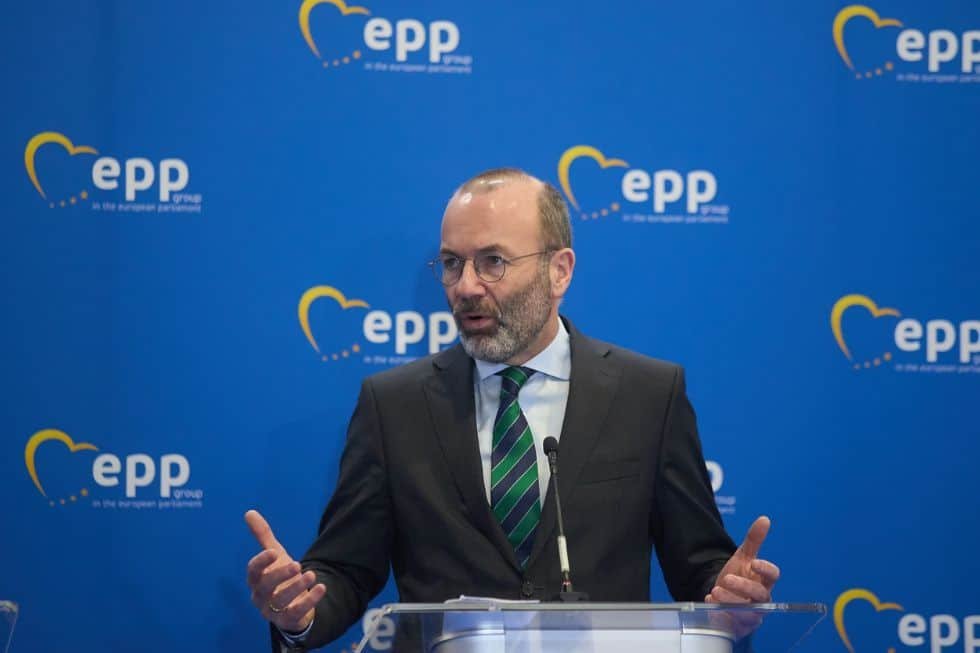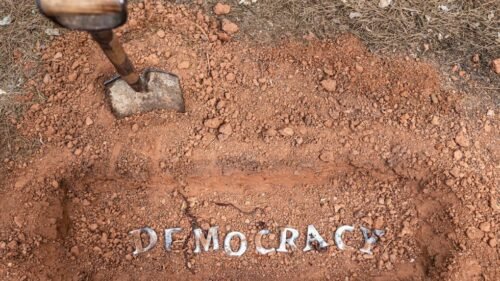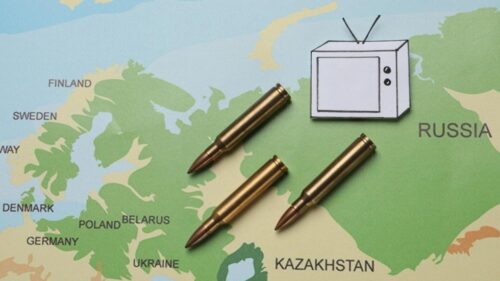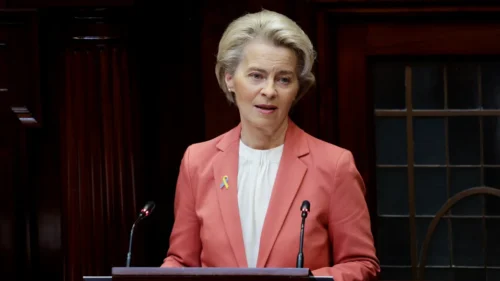Once a bastion of European unity and a champion of centrist democracy, the European People’s Party (EPP) is undergoing a transformation that has left observers concerned. A foundational force in the creation of the European Union, the party is increasingly drawing scrutiny for tactics that critics say mirror the authoritarian tendencies it claims to oppose.
The gap between its professed values and its actions is widening — not only within the party itself but across the broader European stage. The stable, liberal Europe that emerged from decades of consensus and the rule of law appears, for the first time in years, to be in peril from within.
Defending Europe — A shift in priorities
At a press conference in April, EPP President Manfred Weber declared that the party’s central mission was not to defend the political center, but to combat what he called “populists” and the “authoritarian wave” rising across Europe. Yet many now question whether the EPP itself has become part of that very wave.
Internal documents obtained by Politico reveal how the EPP has tightened internal discipline to a degree reminiscent of martial law. Under what the document describes as a “carrot-and-stick” approach, members of the European Parliament (MEPs) who stray from the party line risk everything from losing speaking time to being stripped of key parliamentary roles. Missing votes or making unsanctioned comments can cost lawmakers their political careers within the EPP. Loyalty to the Group and the Group line is the main path to influence, the document says. The party increasingly disciplines its members, accusing others of undermining democracy, while many perceive its approach as stifling free speech and pluralism.
Targeting NGOs: Transparency or pandering to the far-right?
Perhaps most striking is the EPP’s intensifying campaign against non-governmental organizations (NGOs) that receive funding from the EU budget. The party expresses concerns about transparency and the potential for these organizations to lobby the European Commission in ways that they do not fully disclose.
Yet critics argue that the real aim is to diminish the role of civil society and to court support from far-right factions — forces whose influence is growing across Europe. “This is a worrying campaign aimed at shrinking democratic space,” said Valérie Hayer, leader of the liberal Renew Europe group. Iratxe García, president of the Socialists and Democrats faction, described the EPP’s actions as part of a wider effort to roll back environmental protections, LGBTQ+ rights and fundamental civil liberties.
Notably, this anti-NGO initiative emerged in collaboration with Patriots for Europe, a new far-right bloc in the European Parliament. According to Politico, significant portions of the EPP backed the idea, reflecting a broader trend. As far-right parties gain popularity in Italy, Germany, France and Hungary, the EPP is finding strategic advantage in aligning with them. But the price of such an alignment could be too high.
Echoes of Trump in Brussels
Some see the EPP’s efforts as a European echo of US President Donald Trump’s attacks on NGOs in the United States. German Green MEP Daniel Freund has referred to the trend as “the Trumpification of the EPP,” arguing that the attacks on NGOs are just one part of a wider radicalization of the party’s agenda. This agenda includes supporting amendments proposed by far-right lawmakers and distancing itself from long-time centrist allies.
The stakes are high. Georgetown University professor Daniel Kelemen called this “the most dangerous dance in European politics,” warning that “anti-democratic forces can triumph only when centrists are willing to sell out their principles for power.”
A stark example came in 2023 when the EPP failed to block the landmark Nature Restoration Law. NGOs mobilized public opinion and secured the measure’s passage, leaving the EPP humiliated. That defeat marked a turning point: the party shifted from seeking compromise to waging outright confrontation — particularly targeting those who had helped push the measure through.
Europe at a crossroads
Civil society advocates and scholars say the threat is real. According to the EU watchdog, most NGOs registered in the EU’s transparency system are categorized as non-profit, exempting them from certain financial disclosures. While this points to gaps in the rules, it is no justification for authoritarian crackdowns.
Indeed, in countries like Slovakia and Hungary, laws have already been passed to limit NGO funding and operations. Now, a similar rhetoric is finding its way to Brussels, showing once again how the EPP appears to be imitating the authoritarian drift in Central and Eastern Europe — from the heart of the EU itself.
The party insists it is simply demanding more transparency. But behind that language, many see a broader assault on civil society, championed by figures like German MEP Monika Hohlmeier, a close ally of Weber, who has spearheaded the initiative to re-examine contracts between the European Commission and NGOs, citing “ineffective oversight.”
A Perilous Path
In recent years, the EPP has found itself at a pivotal juncture, torn between its historical role as a unifying force in Europe and its growing alignment with far-right political factions. On June 19, 2025, the EPP took another controversial step by forming a working group with far-right allies to scrutinize the funding of non-governmental organizations (NGOs). This move, led by EPP chief Manfred Weber, marks a further embrace of extreme-right positions, a shift that has raised concerns about the future direction of the party.
Progressive and liberal groups have rejected the decision, signaling a deepening divide within the European Parliament. By prioritizing short-term political gain, the EPP risks eroding its credibility and compromising the very ideals upon which the European project was built, undermining the principles of compromise and diversity of thought.
[Kaitlyn Diana edited this piece.]
The views expressed in this article are the author’s own and do not necessarily reflect Fair Observer’s editorial policy.
Support Fair Observer
We rely on your support for our independence, diversity and quality.
For more than 10 years, Fair Observer has been free, fair and independent. No billionaire owns us, no advertisers control us. We are a reader-supported nonprofit. Unlike many other publications, we keep our content free for readers regardless of where they live or whether they can afford to pay. We have no paywalls and no ads.
In the post-truth era of fake news, echo chambers and filter bubbles, we publish a plurality of perspectives from around the world. Anyone can publish with us, but everyone goes through a rigorous editorial process. So, you get fact-checked, well-reasoned content instead of noise.
We publish 3,000+ voices from 90+ countries. We also conduct education and training programs
on subjects ranging from digital media and journalism to writing and critical thinking. This
doesn’t come cheap. Servers, editors, trainers and web developers cost
money.
Please consider supporting us on a regular basis as a recurring donor or a
sustaining member.
Will you support FO’s journalism?
We rely on your support for our independence, diversity and quality.








Comment